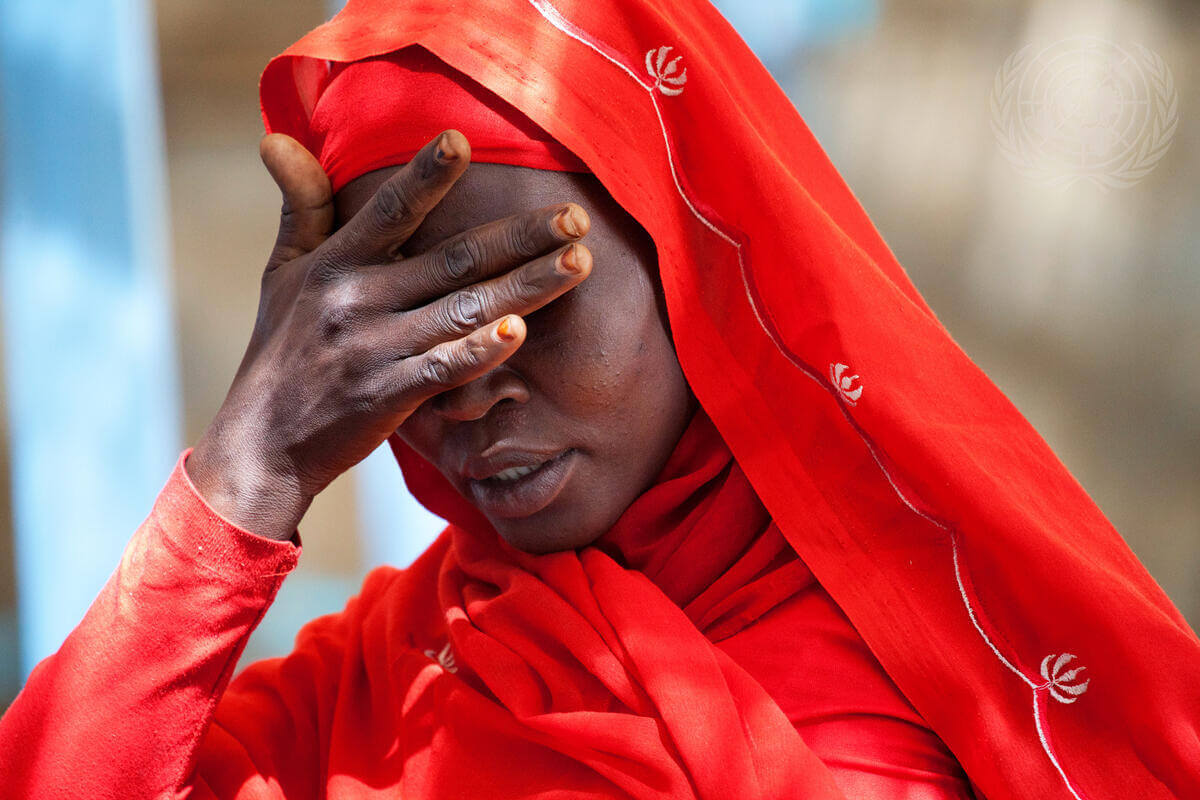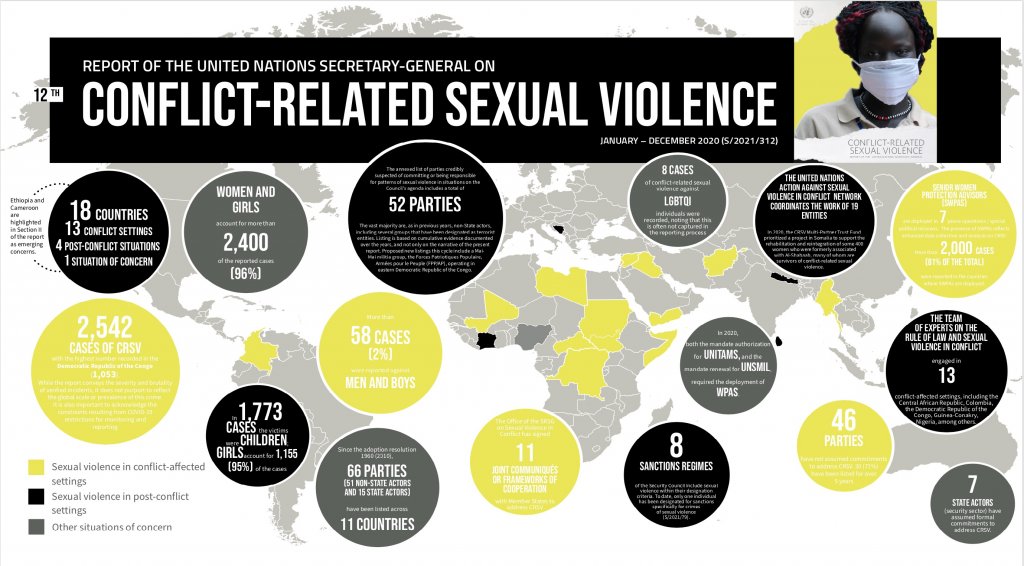Mandy Marshall, the Director for Gender Justice at the Anglican Communion Office, has written this powerful blog to mark the International Day for the Elimination of Sexual Violence in Conflict, which falls on June 19th.
Precious
I remember how serene Precious’* face was, when I met her in Goma, DRC. She was very calm as she bravely told me her story of the rebel fighters coming into her village. Everyone screamed and ran. They knew that the fighters were brutal and killed and raped people. Precious lived in the first house in the village and had less time to run. She was caught and gang raped as her husband was forced to watch and then he was shot in front of her. I met Precious at HEAL Africa, a hospital in Goma, receiving treatment for fistula repair as well as counselling and support from other women who had been raped in the conflict.
I will remember Precious for the rest of my life. Her story was so brutal, the physical damage to her body so great, that I wondered how she was still alive. Yet here she was sat together with me sharing her story. She was indeed Precious.
What is conflict related sexual violence (CRSV)?
Sexual violence in conflict has only relatively recently been made a war crime, after rape was used as a weapon of war in Bosnia and Rwanda in the early 1990’s. The UN states that the term conflict related sexual violence refers to ‘rape, sexual slavery, forced prostitution, forced pregnancy, forced abortion, enforced sterilization, forced marriage and any other form of sexual violence of comparable gravity perpetrated against women, men, girls or boys that is directly or indirectly linked to a conflict.’
Read that list again.
It’s awful. It’s difficult to take in. Yet many of our sisters have suffered the brutality of sexual violence and live with the lifelong consequences of it.
Prevalence
According to the UN there were 2,542 cases of conflict related sexual violence last year alone. 1,053 of them were in the DRC. Women and girls make up 96% of the cases of conflict related sexual violence (2,400 cases last year). There are thirteen countries that have ongoing conflicts, four post conflict settings and one country that is a concern. It is well known that sexual violence is under reported for many reasons, but shame and stigma are often high on the list for not reporting.
International Day for Elimination of Sexual Violence in Conflict
So why do we mark a day such as this? Well, it is to support survivors to let them know they are not forgotten, they are not alone, and that the world is working not only to end sexual violence in conflict but to end sexual violence and conflict themselves. International days are also occasion to educate, raise awareness and to lobby those with power to make a difference to act and provide resources to prevent sexual violence in conflict and to support survivors and to bring the perpetrators to justice. The UN resolution agreeing this was passed on 19 June 2015 (A/RES/69/293) and 19 June proclaimed the International Day for the Elimination of Sexual Violence in Conflict, to be marked each year.
The UN has appointed a Special Representative of the Secretary-General on Sexual Violence in Conflict who serves as the UN spokesperson and political advocate on conflict-related sexual violence. She chairs UN Action Against Sexual Violence in Conflict and her work is supported by the UN Team of Experts on the Rule of Law/Sexual Violence in Conflict. The office was established in 2009 and Under-Secretary-General Pramila Patten was appointed in 2017. She succeeds Ms. Zainab Hawa Bangura and Ms. Margot Wallström.
What can I do about it?
Sexual violence in conflict can render us feeling powerless to do anything that will make a change. There are however things that you can do wherever you are in the world. Here are a few ideas:
- Pray and ask God how you can be best involved in this area?
- Pray for an end to conflict and an end to sexual violence.
- Raise awareness and break the silence on conflict related sexual violence in your church/community.
- Join Thursdays in Black and mark it each Thursday as a reminder to pray and act to end sexual violence.
- If someone discloses that they are a survivor of CRSV, then listen and record their experience. Encourage and offer choices to the survivor about what they can do next.
- Encourage the survivor to gain medical attention and checks. STI’s, HIV, fistulas and pregnancy can be a result of sexual violence. A survivor will need support.
- Lobby your government representative to support ending sexual violence in conflict, to provide funds for those working with survivors, and for the survivors themselves. Ask them to pursue the perpetrators and bring them to justice.
- Download the resource on Domestic Abuse and COVID-19: How Churches Can Respond for tips on listening to survivors.
- Don’t judge a survivor of sexual violence. The shame and stigma lie with the perpetrator of abuse. A survivor needs love, care, and knowing that it was not their fault.
*name changed
The Anglican Alliance collaborates closely with the Director for Gender Justice and with churches, agencies and networks in the Communion to mainstream gender justice issues across our work, including tackling sexual violence in conflict.


